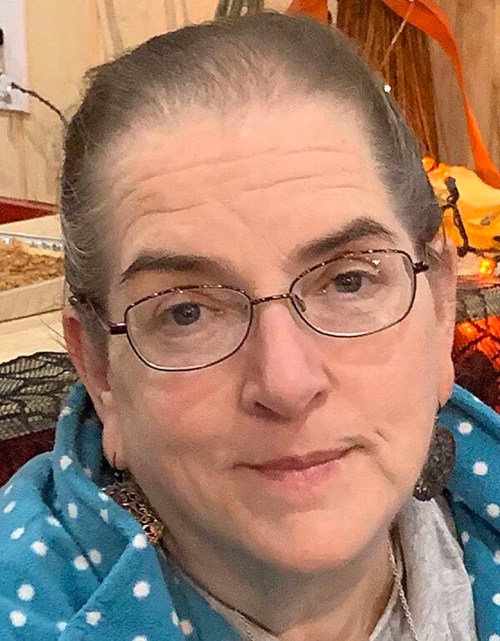Other views: Humane treatment of historically significant horses is feasible
Published 5:00 am Saturday, December 12, 2020

- Moore
It has been nearly 50 years since I first learned of the situation and the controversy concerning the American mustangs and the Bureau of Land Management (BLM). I am sad to report that the intervening years have not changed the stories in any favorable way.
The numbers of horses incarcerated in inhumane holding pens has increased and the public is allowed less access to witness the BLM roundups and holding areas.
The roundups that are accomplished by having helicopters (now more agile than the models of the past) threaten, frighten and chase herds and family groups of horses toward traps have resulted in fewer horses roaming free, but no one is comparing costs. Be the cost monetary, humanitarian or to the preservation of history, they should be considered.
Controlling herd size can be accomplished with a yearly injection of Porcine Zona Pellucida (PZP), a yearly contraceptive injection that can be administered to selected mares by dart gun and costs approximately $30. Properly managed PZP can help achieve a zero population growth without causing limits on the gene pool that could eventually create health problems and/or destroy the population. The cost of keeping a single incarcerated horse for one year is about $1,600. Both means help to reduce the increase in the number of horses on the range. Do the math.
William Perry Pendley, acting head of the BLM, stated, ”It will take $5 billion and 15 years to get the overpopulation of wild horses under control on federal land across the West.”
The roundups frequently separate family units, leaving the youngest and the oldest without the protection of the herd, and leaving them completely vulnerable to predators. The youngest foals become separated from their dams and therefore their food source, so even if they can avoid the predators they may starve. Inhumanity at its most cruel.
Should these iconic horses which have a major role in the history of our country be denied a place to continue living in freedom? Should the BLM be allowed to continue barbaric and dangerous roundups because they are heavily influenced by the dollar of various cattleman’s associations, those interested in drilling and the politicians who cater to those associations?
The solution proposed by Mr. Carlisle Harrison (“Horse meat should be considered as food for the poor,” Saturday, Dec. 5) is ludicrous at best. The costs incurred by his plan will only add to the problems, again monetarily, in a humanitarian sense and by way of destroying an integral part of our history. His accusation of people caring less for the welfare of hungry children than they do for the mustangs is unfounded and unreasonable. There are many factors that limit the viability of the idea that mustangs would make a good protein source for the children.
Among those reasons:
• The safety of the meat coming from a source whose own nutrition is in question (there are oil drilling sites on many of the lands inhabited by mustangs, so there is potential for dangerous chemical exposure and consumption) and is then field slaughtered, dressed and processed by persons whose training is at best questionable.
• The question of the financially disadvantaged people getting meat that is not acceptable or desired by those who are more affluent.
• The monetary cost of such a program would make the actual price of the meat as high or higher than the protein sources that are readily available (even if the horse meat is given to the recipient). The cost of the proposed vehicles, and employees needed to slaughter, dress, process and inspect the already questionable meat, and the additional employees required to clean up after the slaughter make Mr. Harrison’s ill-conceived plan appear in reality ridiculous.
The BLM has disguised its failure to meet its obligations and hides behind the voluminous skirts of a bogged-down legal system and the interests of monied cattlemen and oil drillers. Check your facts, Mr. Harrison.
Suffice it to say that, although I do not know where or in what capacity Mr. Harrison served as an educator, I am delighted that he has retired.
Do you have a point you’d like to make or an issue you feel strongly about? Submit a letter to the editor or a guest column.









